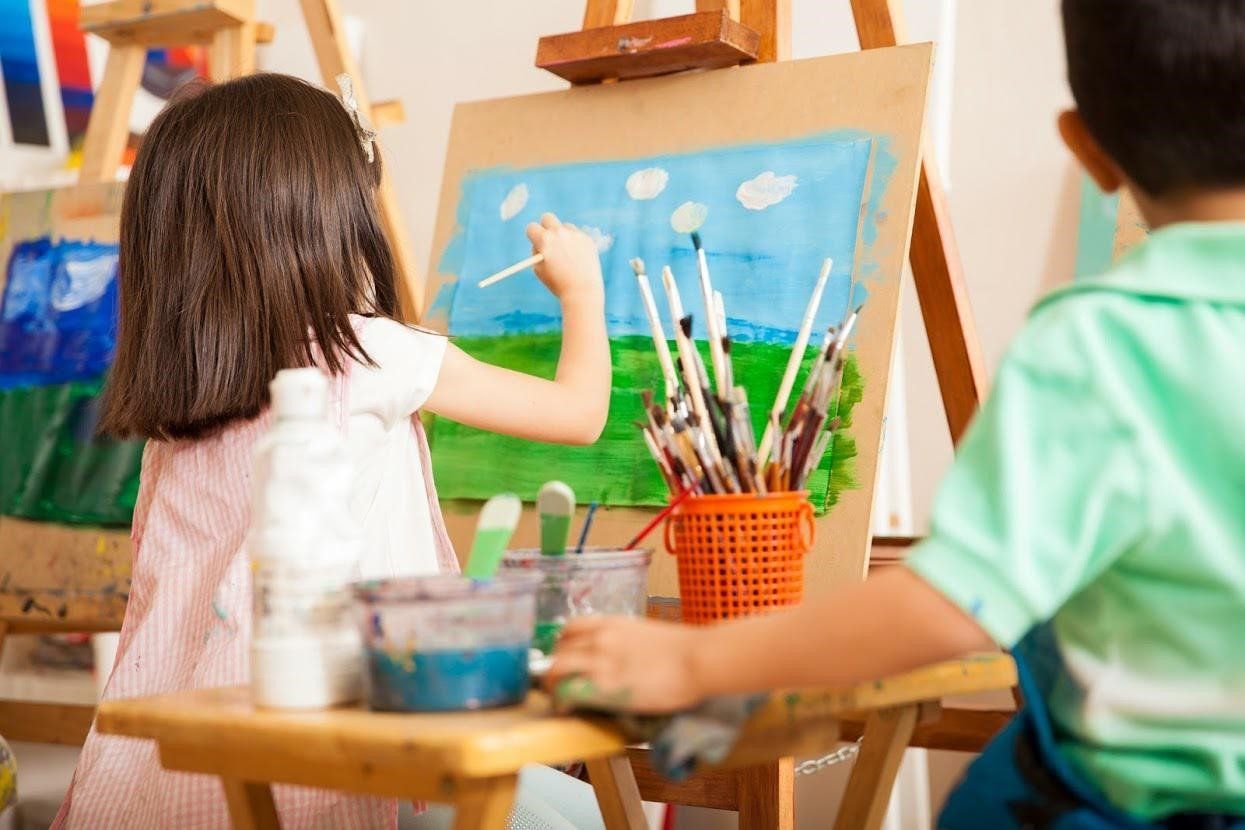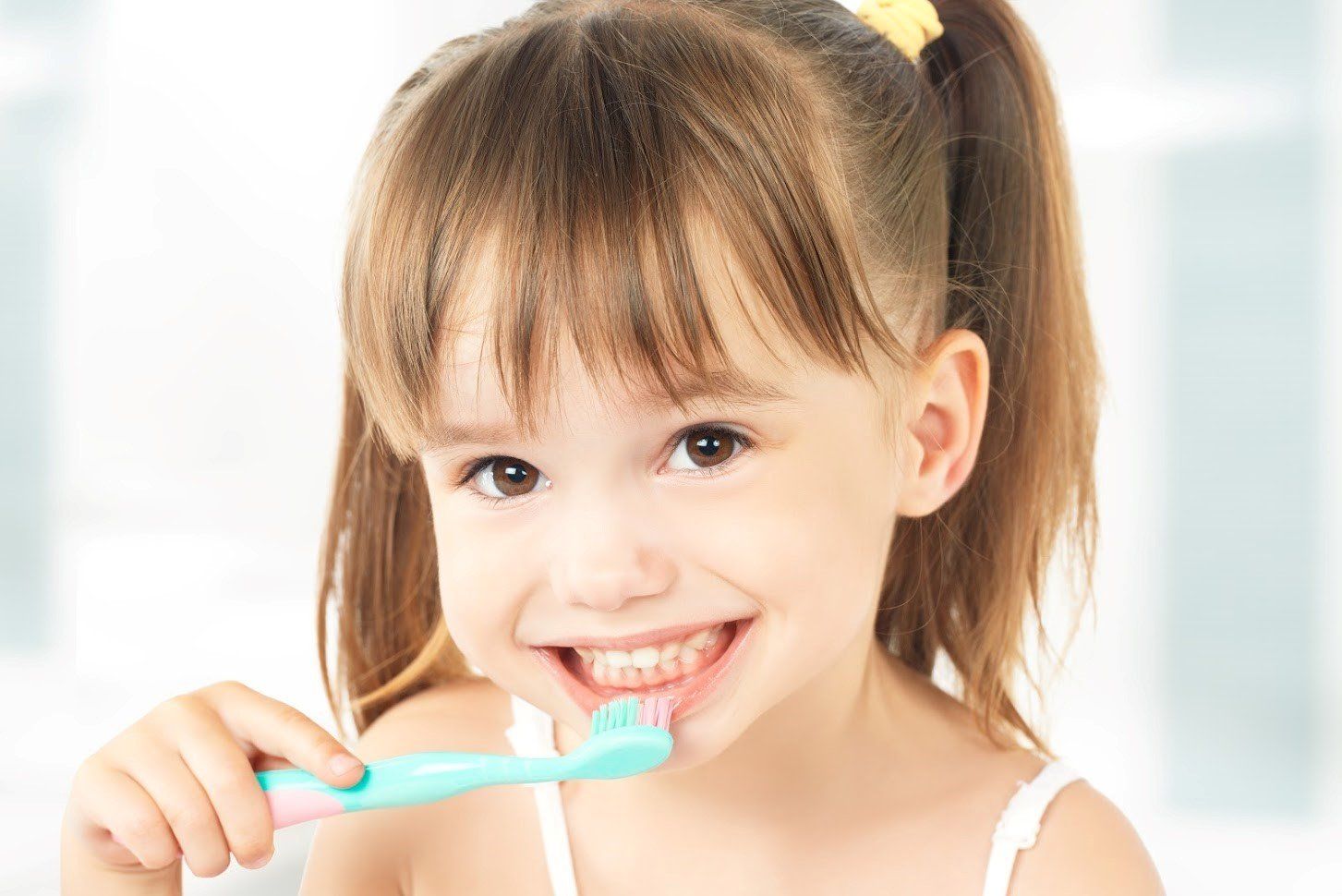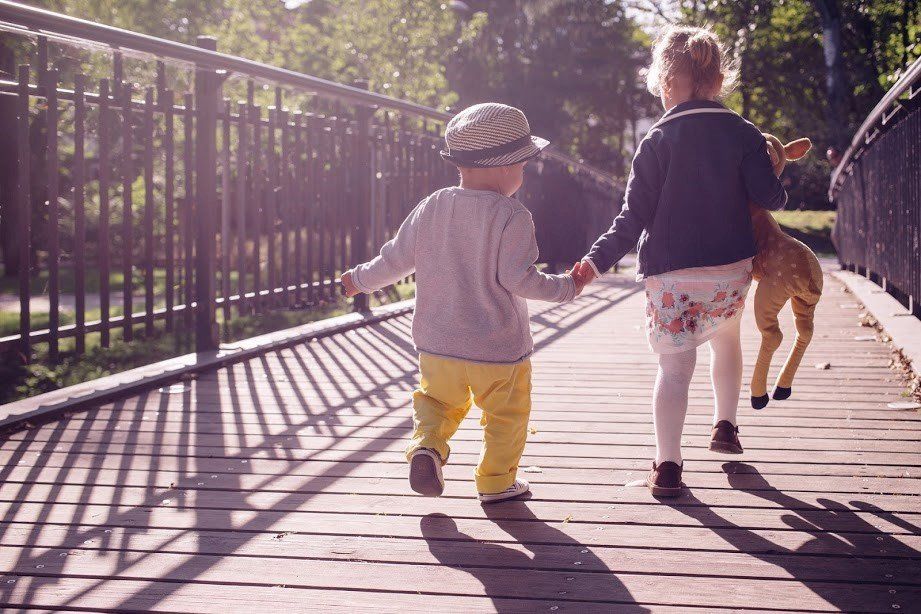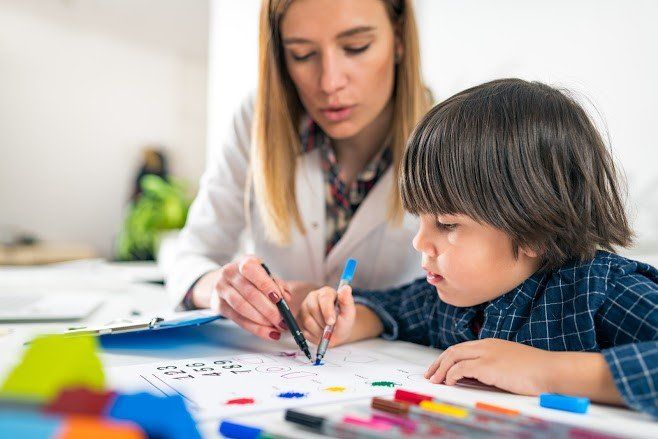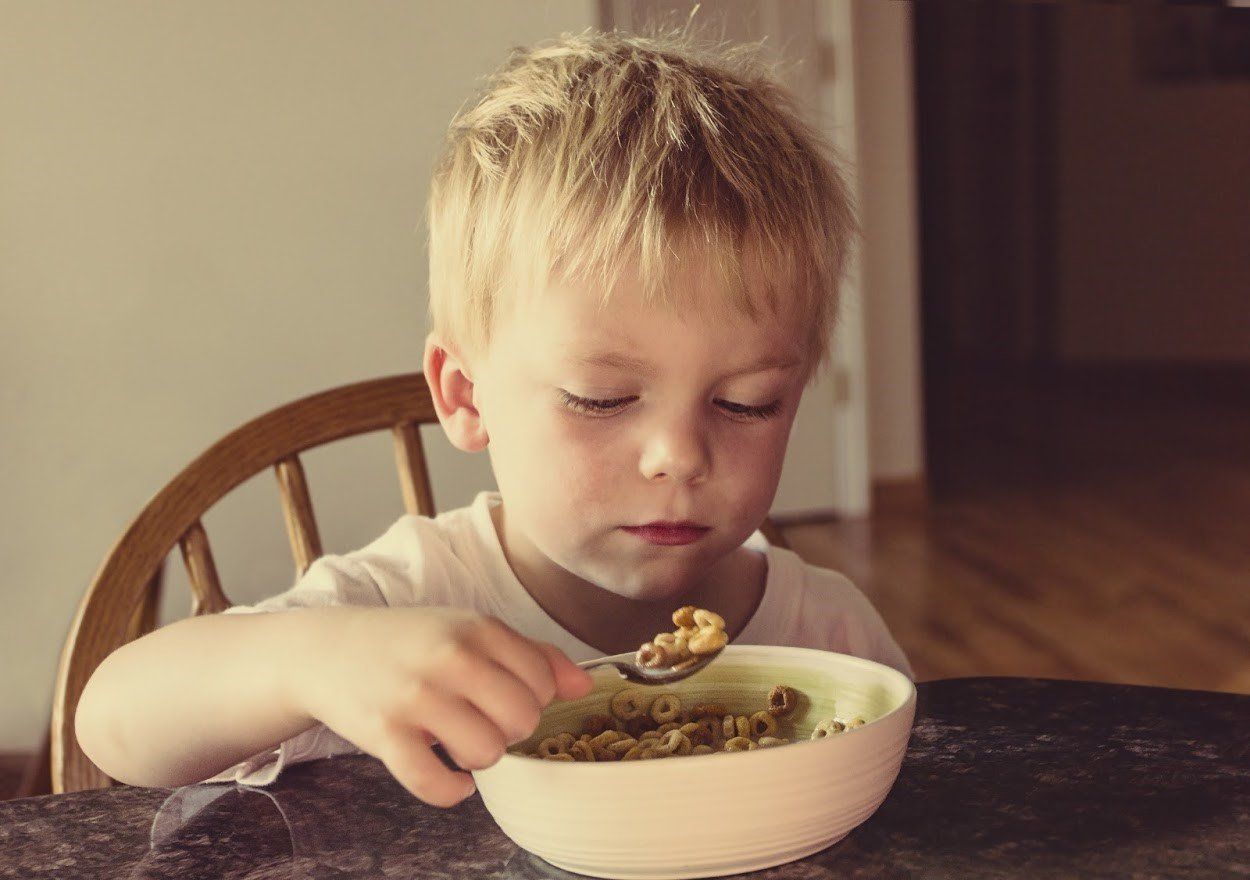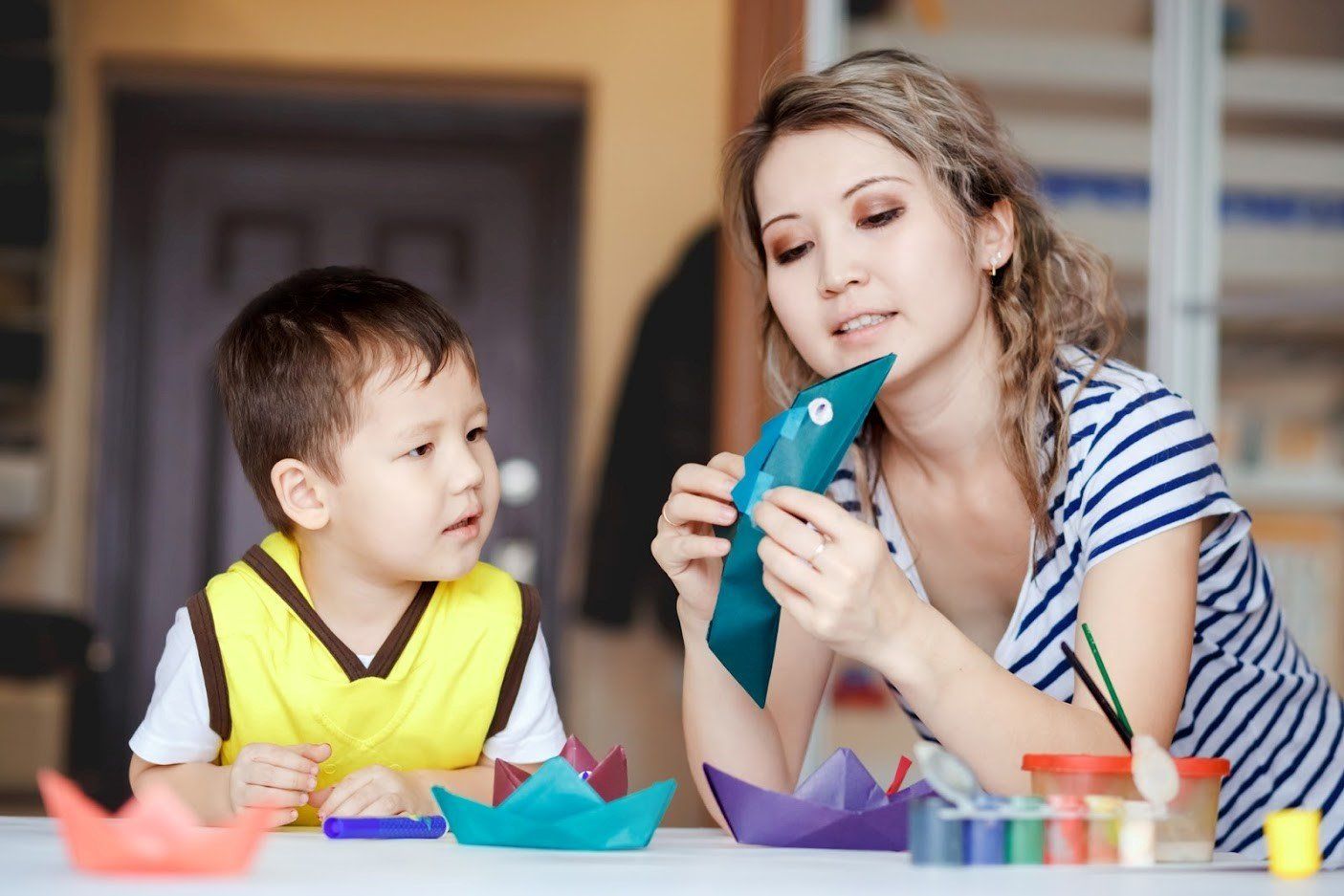Why Are the Early Years and Early Education Important for Your Child?
Long gone are the days when childhood education started in kindergarten. According to the National Center for Education Statistics (NCES), in 2017, 86 percent of five-year-olds and almost 70 percent of four-year-olds were enrolled in a pre-primary program. Take a look at why the earliest years of your child's life are an important time for their learning, development, and future education.
Build the Basics
Your child may have rolled over, sat up, stood, and walked without much adult assistance. But that doesn't mean they'll develop complex language, literacy, math, science, and other skills on their own too.
The first few years of life are a time when young children build the basics. Think of these years as a foundation to add to over a lifetime. Basic skills your child will develop at home and in preschool or daycare include:
Early literacy. Language and literacy (reading and writing) development starts in the early years of a child's life. Opportunities to communicate with adults and older children, listen to stories, handle books, and draw or write will help your child to build literacy basics.
Early math. Counting to 10 is a major accomplishment for your young child. The counting, geometry, number recognition, and other basic math skills your child develops in preschool will help them as they move into the grade school years.
Early science. Physics, biology, chemistry, and Earth sciences are all part of most preschool classrooms' content. Your child will learn about scientific concepts in an age-appropriate way, build their science-related vocabulary, and expand critical-thinking through explorations.
Along with the traditional academic areas, these years are also a time when young children develop basic arts and creative abilities. From finger painting to singing songs, your child can learn how to express themselves, use their imagination, and explore the visual and performing arts (music, drama, and dance) from an early age.
Develop Across the Domains
Developmental changes allow your child to build these academic or pre-academic skills. Without cognitive, social, emotional, and physical growth, your child won't succeed in school — or in life.
The early childhood education young learners get during the first few years can pad development across all four (cognitive, social, emotional, physical) domains:
Cognitive growth. In the first few years, young children develop memory skills, concentration, and other mental abilities, including object permanence. The early childhood educator can help your child to build these skills through games and classroom activities.
Social growth. By the older toddler years your child may have the language skills to interact with other children and adults. While they may still need time to play appropriately in groups, the pre-k teacher can help them build a social foundation during these early years.
Emotional growth. The first few years are a time of emotional upheaval. Your child may frustrate easily or throw tantrums. But the early childhood education environment can help them to identify, understand, and communicate emotions effectively.
Physical growth. Your child will develop movement, balance, strength, and coordination skills at a rapid rate during the first few years of life. A formal educational setting gives children the chance to engage in plenty of large motor movement and fine (small) motor activities.
Even though there are different areas of development, each one is dependent on the other. A child who lacks emotional development may not show the social skills you would expect. Given the importance of early development, activities (at school and at home) that bridge multiple subjects and domains can help your child as a whole.
Is your child ready to start preschool? Contact Small World Early Learning and Development Centers for more information.


